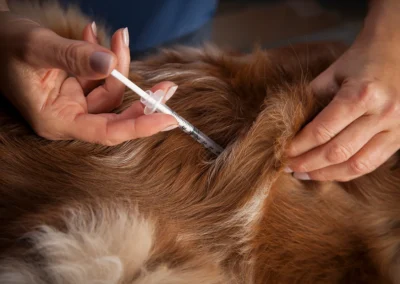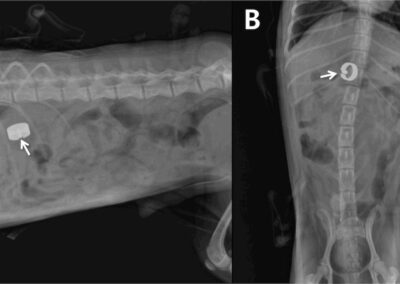My dog is soooo bad!
The good news is that most dogs are not bad. The most common problem I run into is a poorly trained dog and/ or pet parent. That does not mean that I do not use medication to help with behavior problems from time to time but training is always part of the treatment plan even if medication is not. There are many ways to head off behavior problems before you feel like pulling your hair out or rehoming your pet. The key is to address concerns early and choose a pet that you know will compliment you lifestyle and time available to care for a new pet.
Pro Tips
- Do not get an eight week old puppy if you are at work for 12-14 hours and there is no one at home to care for the puppy. Also puppies this little get up at night so if you cannot go without a little loss of sleep, pick an older dog. At about 4-5 months of age most puppies are reliably sleeping through the night without accidents. Puppies this young will still not be completely house broken though so be sure you have time to work on that- consistency is key. If you don’t have time for any of that look for a dog that is over a year of age and already house trained. There may be a few accidents while they adjust to the new house and schedule, but it should not last long.
- Not all breeds of dogs are good for all families. I would not advise a working dog to an elderly family or a herding breed to a family with young children, cats, and no experience with training or the breed. To help reduce the chances of problems in the future research breeds prior to selecting a new dog. Even if you get a mixed breed dog you will have some idea of what traits you may see.
- My rule of thumb here is that I will never own a dog I cannot lift from the floor to get emergency medical care. Too often, I have clients call with a giant breed dog that is in trouble and no available help to transport the pet for hours. This causes a delay in treatment and prolonged suffering in emergency situations. The size of the dog is also a direct correlation in the amount of money it will cost to care for a dog. The cost of antibiotics in a 15 lb dog is widely different than a 120 lb dog!
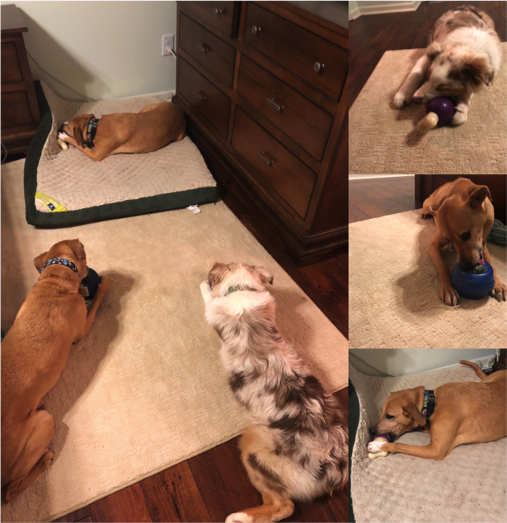
- Even if you are a seasoned dog owner invest in training and start early! Working out the communication barrier between dogs and people is challenging! You will have to start from scratch each time you bring a new pet home. If adopting a young puppy start puppy classes with a respected trainer. None of the puppies in the class will be fully vaccinated so ask about cleaning protocols and keep your pup home if they have any respiratory or gastrointestinal abnormalities.
- Utilize all the veterinary visits for vaccines to discuss any behavior or training concerns you have about your pet. We may be able to problem solve solutions prior to major problems starting.
- Books: “Perfect Puppy in 7 Days” and “How to Behave So Your Dog Behaves” by Dr. Sophia Yin. Clicker Training by Karen Pryor
- Trainers (positive reinforcement only): All Dogs Go to Kevin, The Naughty Dog Trainer, and Cold Nose Companions.
- If you are having major behavior concerns and need a veterinarian with advanced training in animal behavior then I would recommend Dr. Megan Herron at The Ohio State Veterinary Medical Center.

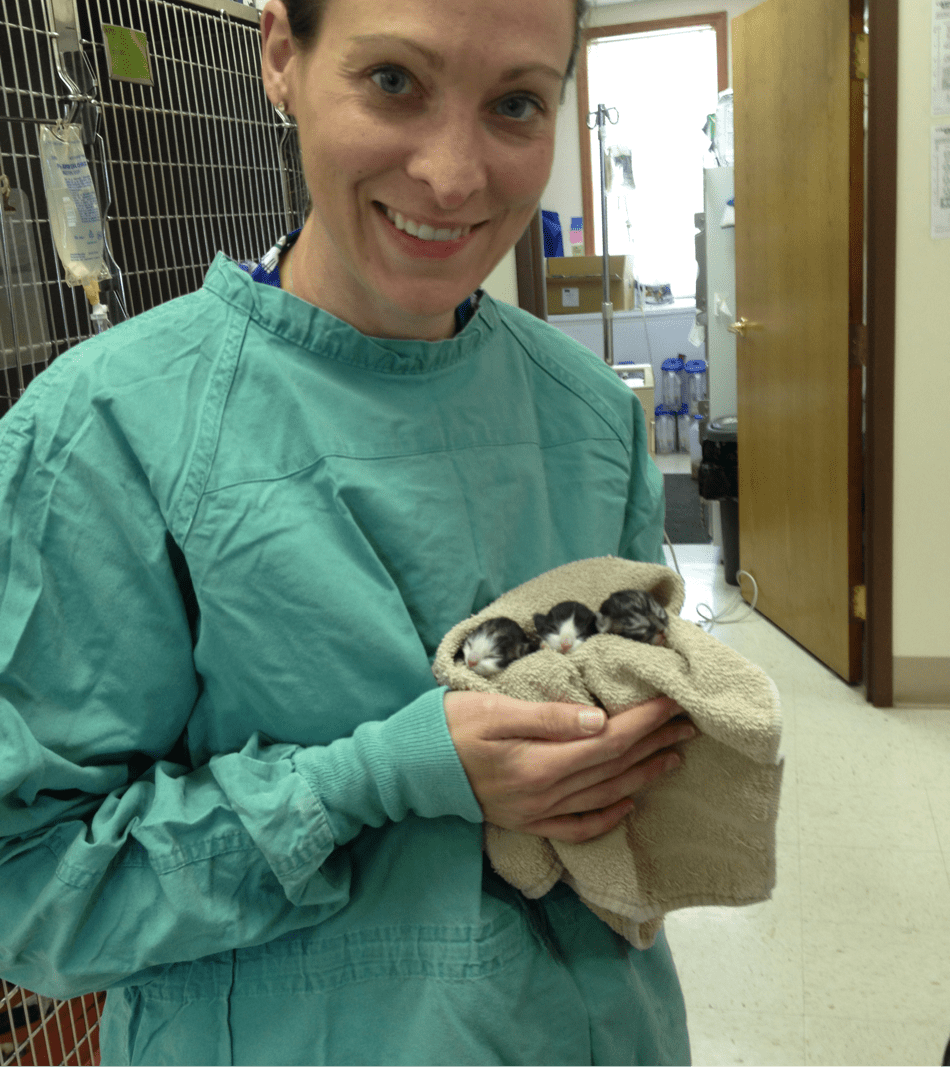 Barks & Recreation is proud to feature Dr. Eileen Savier CVA, CVCH as our Veterinary Blogger in our “From the Vet” Series — offering information related to the health and welfare of your furry family members! Currently part of the team of doctors at Keystone Veterinary Clinic, Dr. Savier is a 2012 Graduate of the Ross University School of Veterinary Medicine, She completed her clinical experience at The Ohio State University and after veterinary school she pursued further education and certification in Veterinary Acupuncture, Chinese Herbal Medicine, and Fear Free veterinary visits. Dr. Savier has a special interest in integrative medicine, animal behavior, and internal medicine and is committed to improving animal health care by integrating Eastern and Western philosophies. She enjoys working with fearful & aggressive dogs and cats and she has had additional training in low stress handling techniques and encourages positive reinforcement during exams and procedures. Her clinical interests include pain management, animal behavior, geriatric patient care, and internal medicine.
Barks & Recreation is proud to feature Dr. Eileen Savier CVA, CVCH as our Veterinary Blogger in our “From the Vet” Series — offering information related to the health and welfare of your furry family members! Currently part of the team of doctors at Keystone Veterinary Clinic, Dr. Savier is a 2012 Graduate of the Ross University School of Veterinary Medicine, She completed her clinical experience at The Ohio State University and after veterinary school she pursued further education and certification in Veterinary Acupuncture, Chinese Herbal Medicine, and Fear Free veterinary visits. Dr. Savier has a special interest in integrative medicine, animal behavior, and internal medicine and is committed to improving animal health care by integrating Eastern and Western philosophies. She enjoys working with fearful & aggressive dogs and cats and she has had additional training in low stress handling techniques and encourages positive reinforcement during exams and procedures. Her clinical interests include pain management, animal behavior, geriatric patient care, and internal medicine.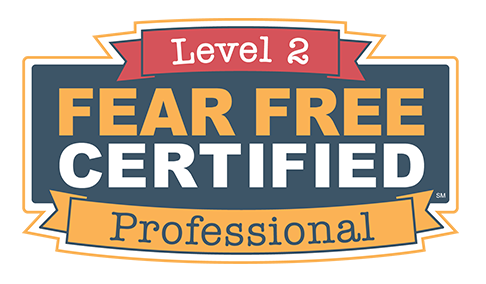 Dr. Savier shares her home with two (soon to be three) dogs, two cats, and a toddler. She lovingly refers to her two dogs as Coconut Retrievers as they were rescue dogs she brought home from the island of St. Kitts. In her free time she enjoys spending time with her family, going to the beach, and planning her next Disney vacation.
Dr. Savier shares her home with two (soon to be three) dogs, two cats, and a toddler. She lovingly refers to her two dogs as Coconut Retrievers as they were rescue dogs she brought home from the island of St. Kitts. In her free time she enjoys spending time with her family, going to the beach, and planning her next Disney vacation.